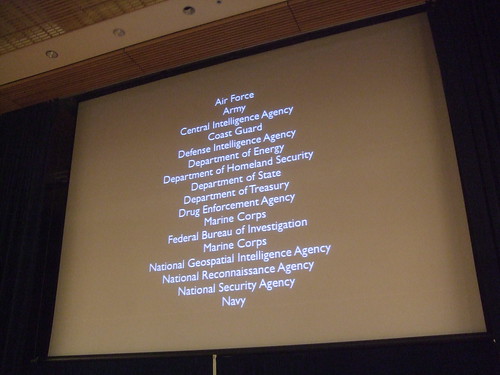Congratulations (hardly for the first time, of course) to the MySociety crew: in less than two months, it looks like their community of volunteers has completed the work to timestamp the 42,019 video clips supplied to They Work For You by BBC Parliament, covering the entire 2007-8 parliamentary session. Hero status is rightly accorded to Abi Broom, responsible herself for more than 20% of the effort (!)… but it’s interesting to see a few familiar names in the list of ‘top timestampers’.
Of course, the time is ticking down to the start of the new Parliamentary Session, when the work starts all over again. Tom Steinberg tells me they get ‘only’ 3-400 new clips per day, so keeping up to date shouldn’t be too hard. Unless Abi gets sick, obviously. 🙂
Quite seriously, this is a fantastic achievement. The goodwill of a community of people, coupled with a trivially simple tagging tool, achieved something which – realistically – neither speech recognition technology, nor the IT budgets of Hansard and BBC Parliament (combined?) ever could. And it goes without saying, it’s largely down to the MySociety ‘brand’ of charitable activism: if Parliament had asked people to do this, do you think many would? (Not that there should be much anguish in Millbank about this invasion of ‘their’ territory; I bet Parliamentary people will be the ones most grateful for the service.)
About 13% of the video clips were tagged anonymously; my guess is that, like me, many of those were people who were searching for something on TheyWorkForYou, came across an as-yet untagged video clip, and decided to ‘leave a tip’. For me, the magic of the tool was the fact that it made this bit so easy. But that means 87% were tagged by people who went to the trouble of registering – much more than I would have guessed, although admittedly, 7 people were responsible for over 50% of the tagging.

